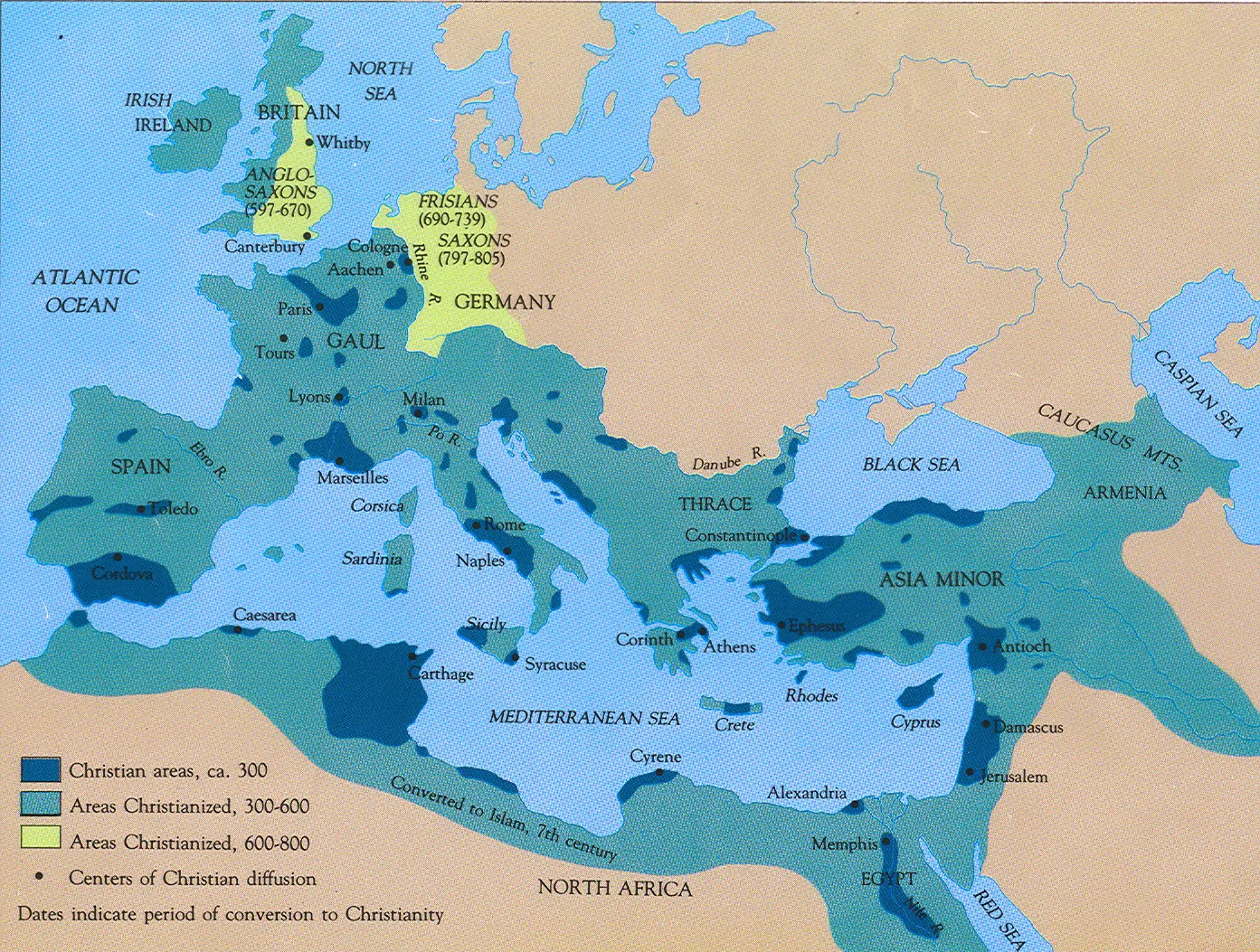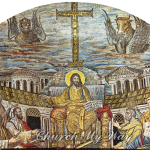How Did Christianity Spread Globally? Part 2
How Did Christianity Spread Globally? Christianity is one of the world’s major religions, with over 2.3 billion followers worldwide. Its origins can be traced back to the teachings of Jesus Christ in the 1st century AD. Over the centuries, religion has spread far and wide, reaching every corner of the globe. In this article, we will explore how Christianity spread globally, highlighting the key factors that contributed to its widespread adoption.
The Early Spread of Christianity
The early spread of Christianity was mainly due to the efforts of Jesus’ apostles, who were tasked with spreading his message of love and salvation. After Jesus’ death, the apostles set out to convert people to Christianity, starting in Jerusalem and eventually reaching other parts of the Roman Empire.
One of the key factors that facilitated the early spread of Christianity was the Roman Empire’s policy of religious tolerance. Unlike other religions at the time, Christianity was not actively persecuted by the Roman authorities, which allowed it to grow and flourish.
Another important factor was the appeal of Christianity to a wide range of people. Religion offered a message of hope and salvation that was attractive to both the poor and the wealthy. It also provided a sense of community and belonging, which was especially appealing to the marginalized and oppressed.
The Role of Missionaries
As Christianity continued to grow, the need for organized missionary work became increasingly important. Missionaries were tasked with spreading the gospel to new lands and converting people to the faith.
One of the most significant missionaries in the early days of Christianity was St. Paul, who traveled extensively throughout the Roman Empire, spreading the gospel and establishing Christian communities. His efforts were instrumental in the spread of Christianity to areas such as Greece, Asia Minor, and Rome.
Over time, the Catholic Church became more organized in its missionary efforts, sending out trained missionaries to various parts of the world. These missionaries were often accompanied by religious orders, such as the Franciscans and Dominicans, who played a crucial role in the spread of Christianity to new lands.
The Role of Colonialism
During European colonialism, Christianity spread to many parts of the world through the efforts of European missionaries. European powers such as Spain, Portugal, and France used their military and economic might to colonize large parts of the world, often with the goal of spreading Christianity to the native populations.
In many cases, colonial powers used force and coercion to convert people to Christianity. Indigenous people were often forcibly converted and punished if they refused to embrace the faith. This led to widespread resentment and resistance, which in some cases hindered the spread of Christianity.
Despite the negative aspects of European colonialism, it did play a role in the global spread of Christianity. Missionaries were able to reach remote parts of the world that would have been difficult to access without the support of colonial powers. As a result, Christianity became established in many parts of Africa, Asia, and the Americas.
The Modern Era
In the modern era, the spread of Christianity has continued through a variety of means. The growth of technology and transportation has facilitated the spread of Christianity to new parts of the world.
In addition, Christianity has spread through the efforts of various Christian denominations and organizations. These groups have focused on evangelism, outreach, and community building, which has helped to bring people into the faith.
In some cases, the spread of Christianity has been facilitated by political and social factors. For example, the collapse of communist regimes in Eastern Europe and the former Soviet Union has allowed for a resurgence of Christianity in those regions.
Conclusion
The spread of Christianity has been a complex and ongoing process, influenced by various factors. From its humble beginnings in the Middle East, the religion has spread to virtually every corner of the globe. This process has been aided by various forms of evangelism, mission work, and missionary activity. The spread of Christianity has also been shaped by cultural and political forces, such as the rise and fall of empires, the development of trade routes, and the growth of the Roman Empire.
In the early centuries of Christian history, religion spread quickly through the Roman Empire, as the Christian faith was embraced by many of its citizens. The Roman Empire was a powerful political force in the ancient world, and its influence helped to spread the religion to other parts of the Mediterranean region. Later, the Roman Empire‘s influence diminished, and the spread of Christianity shifted to Europe. As the Roman Empire collapsed, Christianity was able to spread to other parts of the world and eventually to the Americas.
The spread of Christianity was also aided by the development of the printing press in the fifteenth century, which allowed for the spread of religious texts and teachings. This period also saw the emergence of the Protestant Reformation, which had a profound impact on the spread of the religion. The Reformation brought about a shift in religious thought and practice, which enabled Christianity to spread to other parts of the world.
Reference: Wikipedia







